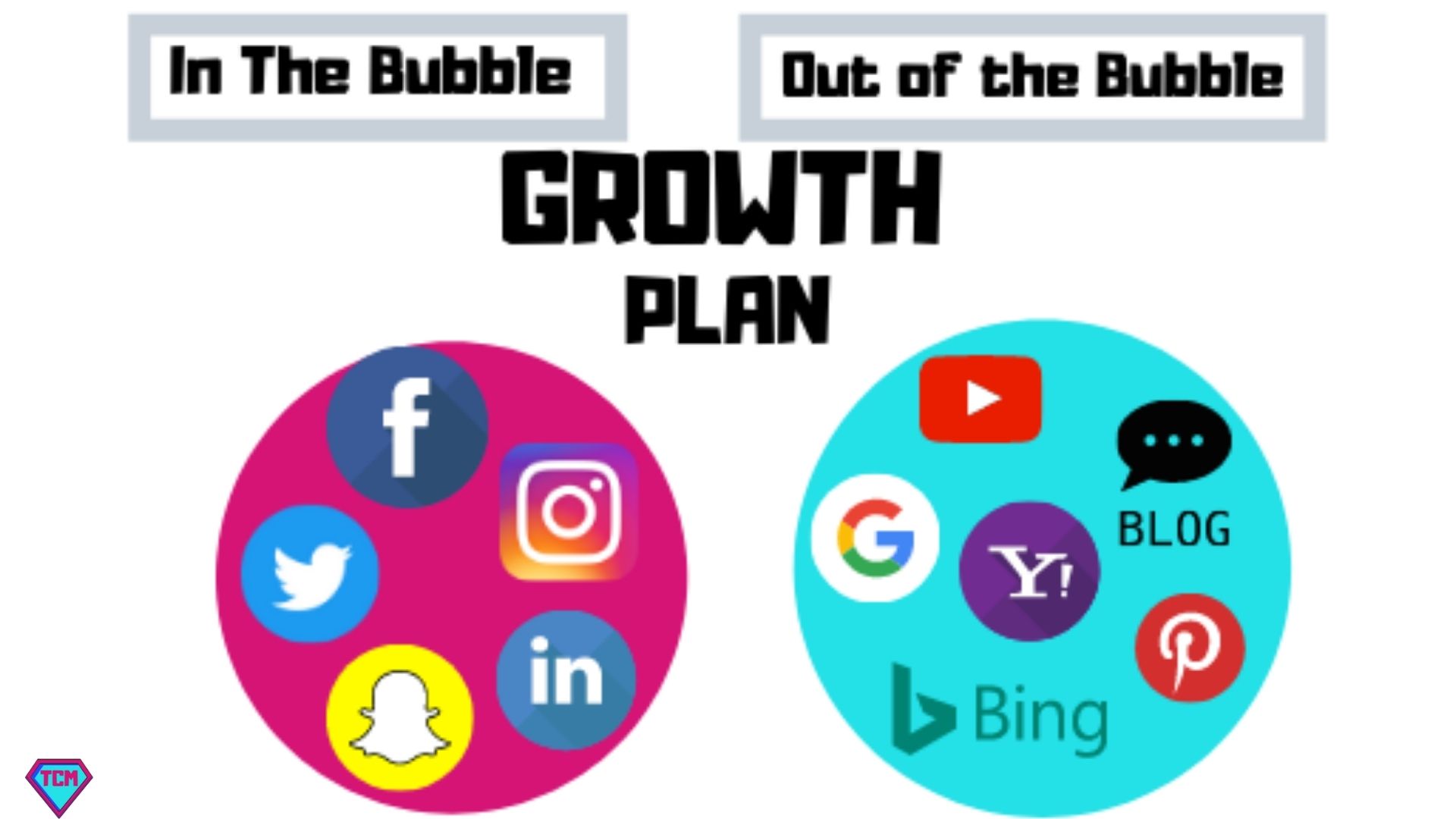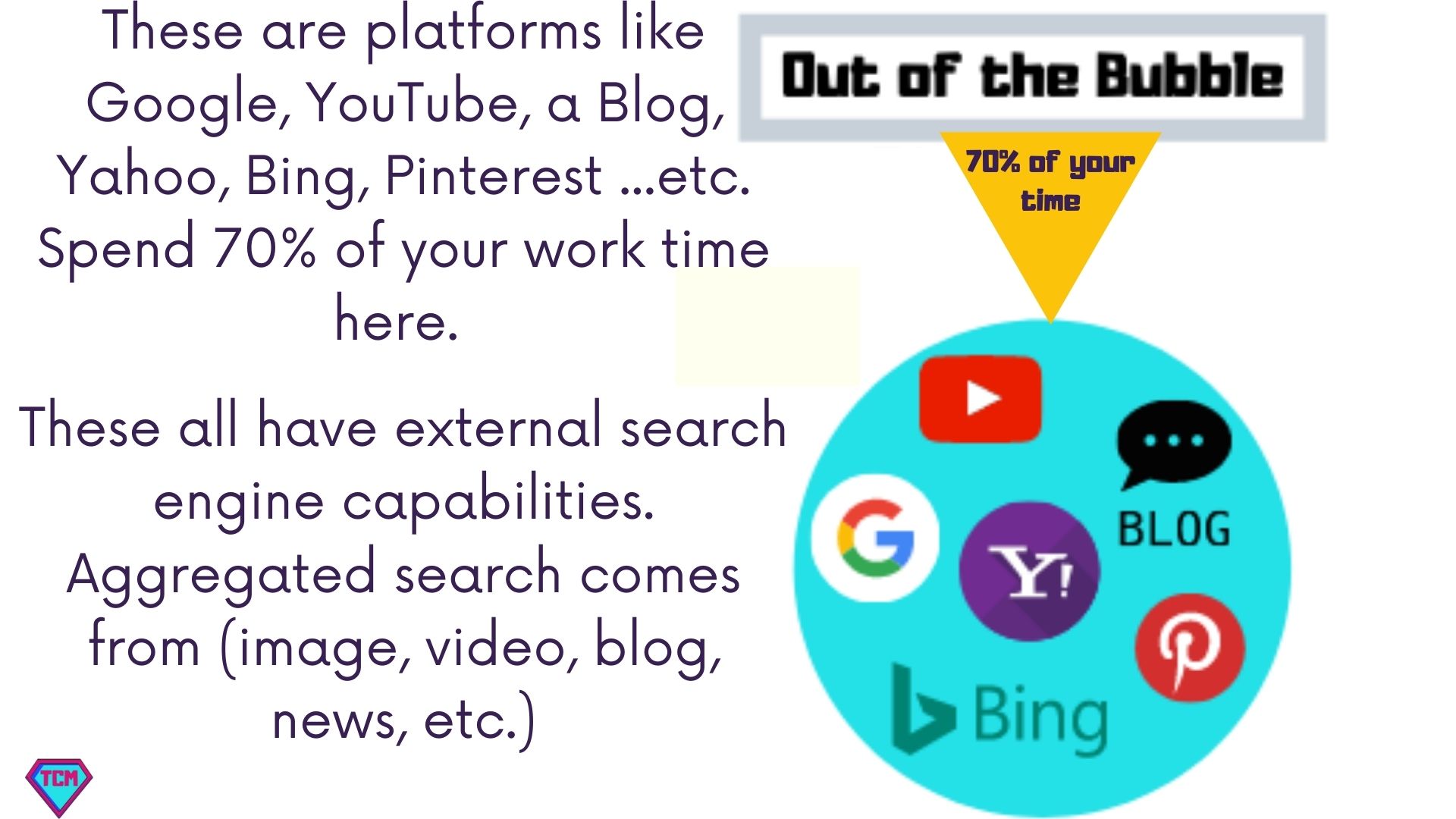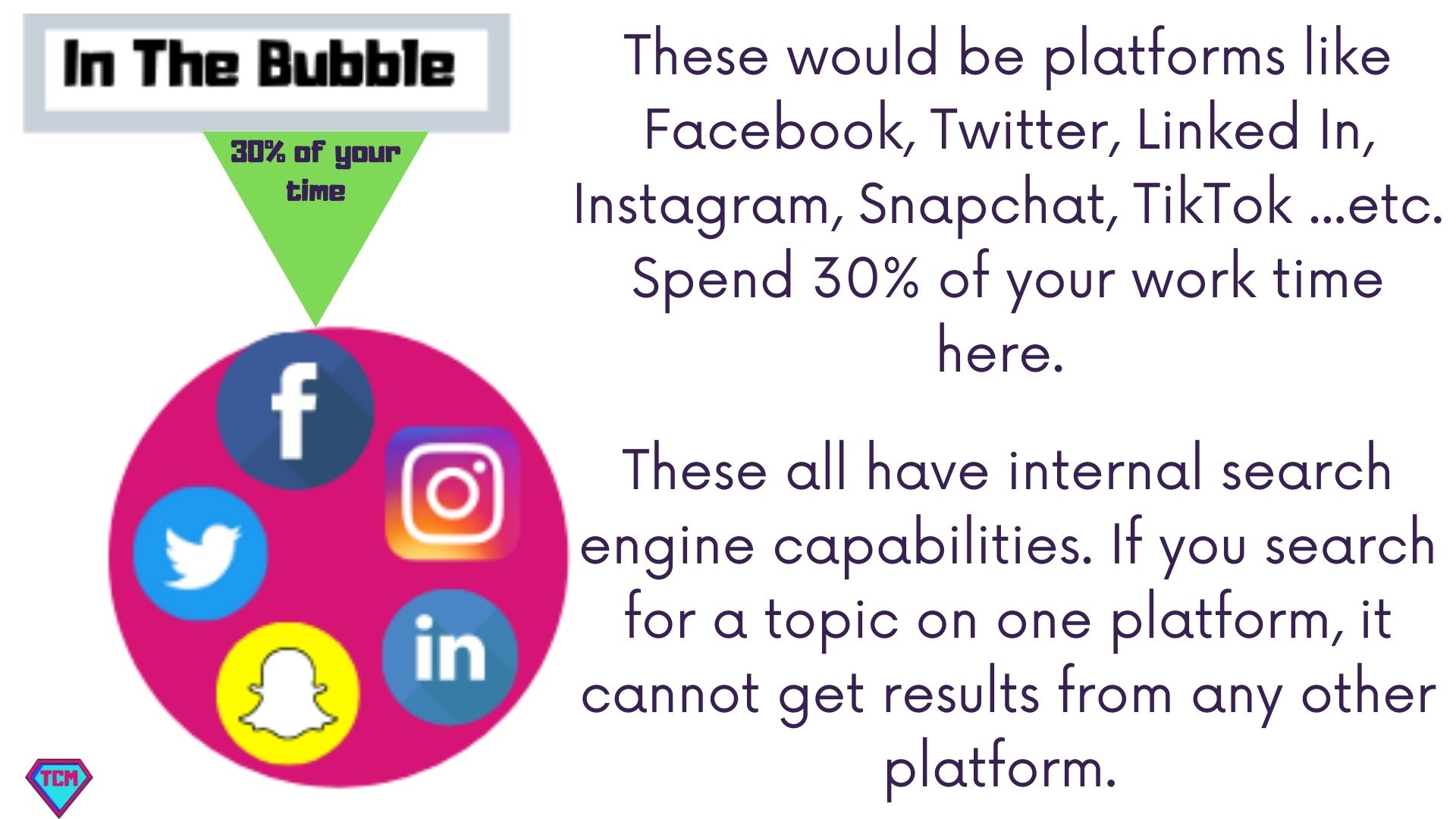For years, As an Entrepreneur, I was convinced that I should be aiming for more. Society tells us that we should work crazy hours striving for wealth, power, and to make millions or even billions. And, for a while, I believed them. Now, don't get me wrong - there's nothing wrong with wanting to become wealthy or powerful. But what if there was a rewarding work/life integration by becoming a Solopreneur?
As a general rule, An Entrepreneur Can Become a Solopreneur by dialing back and downsizing the outside controls, partnerships, and team aspects of your business to create a singular voice, vision, income distribution, strategy, and execution process for your business.
There are a lot of advantages to being a solopreneur. You have complete control over your business, you get to call all the shots, and you make all the decisions. But there are also some disadvantages- namely, that you have to wear many hats and you can't take on too much at once. In this blog post, we will discuss how an entrepreneur can become a solopreneur by dialing back and downsizing the outside controls, partnerships, and team aspects of their business. We will also discuss the benefits and drawbacks of this approach. So if you're thinking about going out on your own, read on!
When Should You Switch and Who Is the Switch Right For?
The answer to this question is "It depends." If you're an Entrepreneur who feels bogged down by meetings, outside influences, partnerships, and managing a team - it might be the right time for you to Transition into becoming a Solopreneur.
When I set out as an entrepreneur to build a business, I quickly learned that the world had a very specific idea of what success looked like. Suddenly, I was surrounded by people who were determined to become overnight millionaires and billionaires, and the pressure to conform was intense.
However, it didn't take me long to realize that this wasn't the kind of success that I was seeking. For me, what mattered most was freedom - the freedom to build my business on my own terms, and the freedom to live my life on my own terms. Prior to becoming a Solopreneur full-time, I worked almost every weekend and missed tons of family events. This was not the vision I dreamt. So this could be a clue marker for you as well to determine if you’re ready to make the transition.
Being an entrepreneur isn’t for everyone. And if you are an entrepreneur considering switching to becoming a solopreneur because you want a lighter workload. Please know that the workload is quite the same..... but different.
You work just as hard as before, but now you get to determine the hours and your schedule. You are in control of the projects you take on and when you wish to do them. I am more fulfilled and happier because I am building a business with my vision, and my personal brand.
Being a Solopreneur means the buck starts and stops with you ..... You Are It. So you have to be ok with that before you move forward.
Take Inventory of Your Skills
If you're moving forward and making the necessary adjustment to Solopreneurship then you must take inventory of your skillsets. This is a great way to understand what you can do and where you should focus your attention.
Some people are born business movers and shakers. They have the skills, mindset, and drive to succeed no matter what. For the rest of us, there are specific skills that we can learn and develop to increase our chances of success as a Solopreneur.
Create a Solopreneur Assets and Liability Spreadsheet List. This is a list of the things you do best and things in business you know you don't do so well. Then you might have to outsource or delegate those particular things.
Some of the skills that fall into the Solopreneur bucket are:
Marketing
Product development
Audience research
Creating sales funnels
Copywriting
Content Creating
Personal Branding
Designing lead magnets and tripwires
Building an email list
SEO
etcetera, etcetera, etcetera..... You Get The Idea!
I was absolutely horrible at Building Email List and Copywriting, but very good at Audience Research and Marketing. So I selected to outsource email list building, and take a course in Copywriting. Even though I am strong in the area of Marketing, it can be time-consuming so I have partnered with someone on those tasks, while I focus my time and energy on Audience Research.
This way I am not bogged down by all the daily tasks and can focus on what I love and what I am good at doing.
Create a Singular Solopreneur Manifesto/Mission Statement
Now that you know your skill-sets and where you would like to focus your areas of expertise, it's time to put it into writing. This is your chance to really hone in on what success looks like for you personally as a Solopreneur.
Some things to consider when creating your Manifesto / Mission Statement:
1. What are your core values? What do you believe?
2. What does success look like for you?
3. What improvements would you like to see take place in your life over the next three to five years?
4. Describe a recurring concern or problem that you would like to eliminate?
5. How would you spend your day, every day, if you could truly do what you love to do?
6. What kind of a contribution do you dream of making to society?
7. How much would you have to earn to eliminate all financial concerns in your life?
It is so important to create a singular voice, and vision here. This will be the foundation of your brand moving forward. Now is the time to really get clear on what you want, and how you want your business to be known.
"Without a mission statement, you may get to the top of the ladder and then realize it was leaning against the wrong building!" Dave Ramsey
Develop a Workable Business Strategy
After taking inventory of your skills, partnering or outsourcing where needed, and creating a Manifesto / Mission Statement; it's time to develop a Workable Business Strategy.
Creating a strategy can be as simple as sitting down with a pen and paper, and mapping out what you want your business to look like in the next 3 to 5 years.
I am a firm believer, that without a solid Workable Business Plan or Strategy it will be very difficult to be effective in your business as a Solopreneur. Because the reality is that 80 to 90 percent of the workload is done by you.
Successful businesses are run by Small Daily Actions that add up to solid business growth. Especially through those early startup stages where your, business strategy or productivity habits makes the difference between success and failure.
It all starts with creating a 2 Phase Growth Plan I call - In the Bubble and Out of the Bubble Business Strategy. Every Solopreneur should start with an Out of the Bubble Business Strategy first.
LEVERAGING ...... This is the best word I could use to describe what a Solopreneur has to create a Workable Business Strategy. Leveraging your time on Out of The Bubble Activities - 70% of your work time, over Social Media- (In the Bubble Activities - 30% of your work time).
Select one or two Out of the Bubble strategies and focus most of your time right there:
- Use Google Business Profile for SEO
- Put Branded Videos on your YouTube Channel
- Syndicate your Content on platforms like Yahoo, Pinterest, or Bing
- Create Content Branded Blog Posts to tell opinions and show authority



Income Distribution and Increased Revenue
The final component I want to touch on is Income Distribution and how you can use this to increase revenue in your business as a Solopreneur.
As a solopreneur, you have the advantage of not having to split your profits with anyone. This means that you can reinvest all of your profits back into your business, which will help it grow even more quickly.
You can also use your increased revenue to improve your lifestyle and live a better life. After all, that's one of the main reasons people become Solopreneurs in the first place!
Key Takeaways
So there you have it! These are just a few of the ways you can transition from an entrepreneur to becoming a successful solopreneur. Just remember to
- dial back teams meetings, outside influences
- take inventory of your skills strengths and weaknesses
- get clear on your vision and workable strategy
- determine how to distribute your income
- where reinvest your profits to grow your business even more quickly
Do you have any other tips to share? Leave a comment below and let us know! We would love to hear from you.
